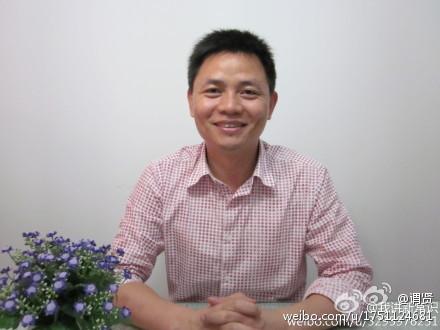An outspoken Chinese constitutional scholar was detained overnight after he publicized a letter to the regime’s rubber-stamp legislature that criticized the one-party political system and proposed a transition toward a genuine democratic government.
But late on May 11, Wang Aizhong, another Chinese dissident, wrote on Twitter that Zhang had been released.
The letter was addressed to deputies of the National People’s Congress (NPC), the CCP’s rubber-stamp legislature that will meet on May 22 in Beijing for its annual plenary session, which was previously scheduled to meet in March but had been delayed by the virus outbreak.
“A Fake Constitution”
China’s current constitution is “a fake constitution,” Zhang wrote, because it is “just a manual used by the ruling party to organize and run its regime.”“Because China has not built a modern political system in accordance with a genuine constitution, its social governance remains extremely backward,” he wrote, adding that “the outbreak and spread of the epidemic have been a good indication of the problem.”
According to Zhang, the lack of transparency and scrutiny, the silencing of whistleblowers, the incompetence of local governments, and the human rights disasters caused by the draconian quarantine measures have shown that “the last 70 years [of CCP rule] has been a complete failure not only in nation-building but also in social governance.”
Zhang urged the NPC deputies to transform the legislature into “a special body to initiate national political transition,” which formulates election rules and appoints an impartial election commission.
The NPC should order the immediate release of all political prisoners and prisoners of conscience, end the ban on free media and political parties, and abolish the special status of the CCP, so that a “supreme transitional authority” can be elected through direct universal suffrage, the letter said.
The “supreme transitional authority” will then create a drafting committee for a new constitution, and the draft constitution will be put to a referendum, Zhang proposed.





